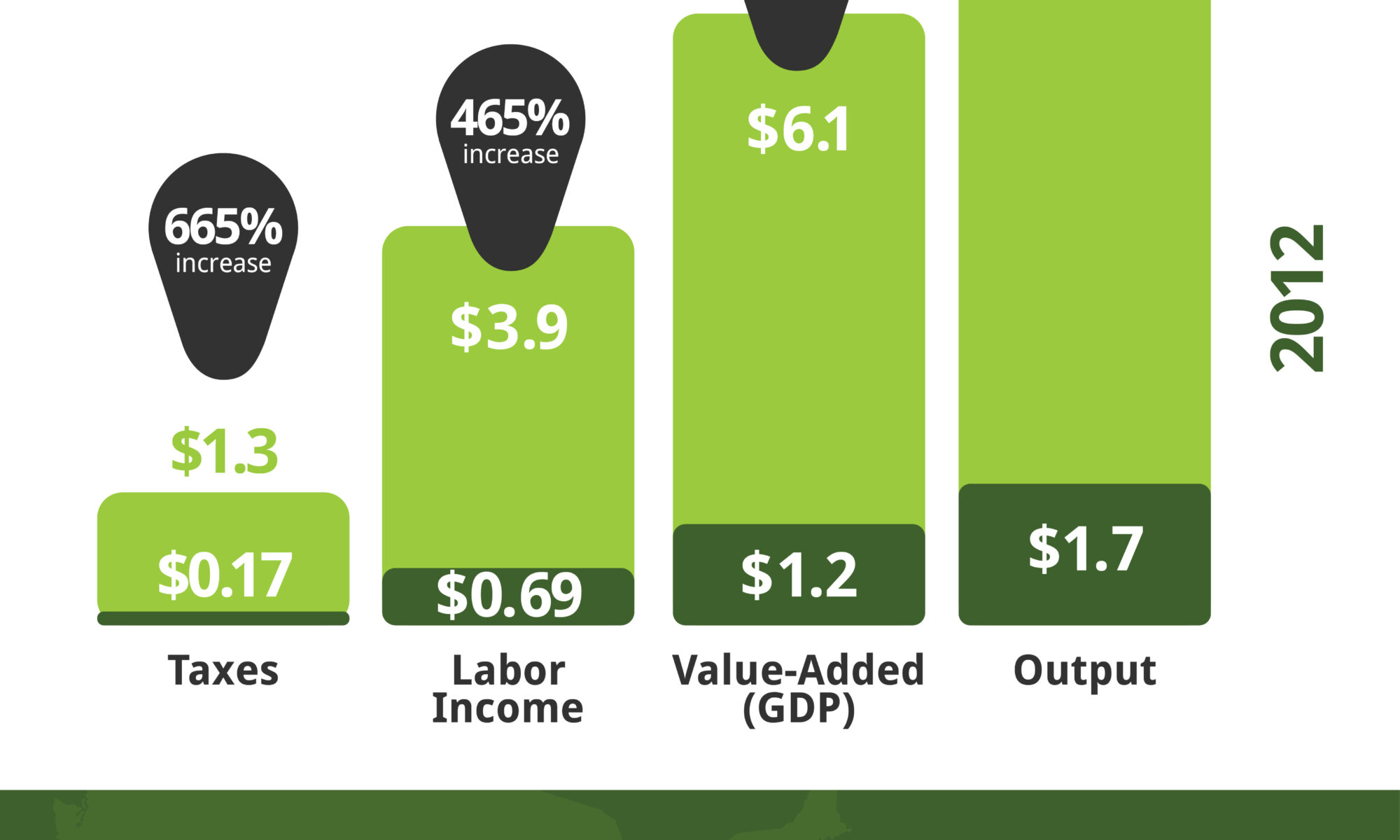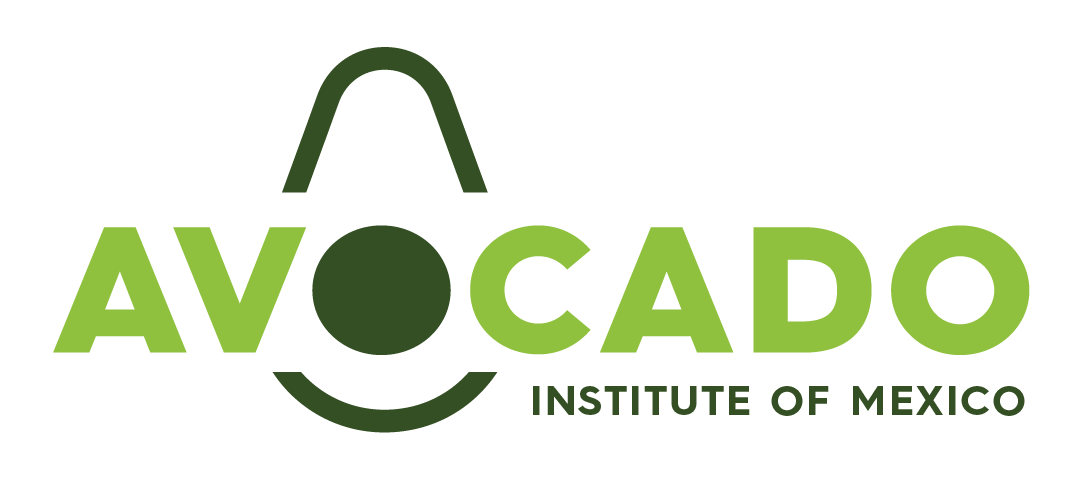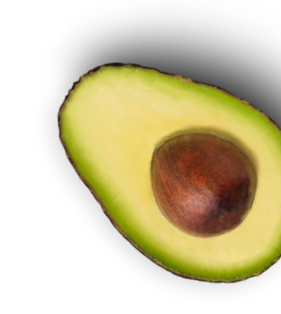The popularity of Mexican avocados has skyrocketed in the past decade—and the growth shows no signs of slowing.
Avocado imports to the U.S. from Mexico doubled from 1.2 to 2.4 billion pounds between 2014 and 2021. Such a rapid increase in demand could have required doubling the use of natural resources such as water and trees to produce double the avocado supply. However, thanks to the Association of Avocado Exporting Producers and Packers of Mexico’s (APEAM) continued commitment to sustainability, the use of natural resources to grow avocados in Mexico has barely increased.
As part of the United Nations Global Compact, the world’s largest corporate sustainability initiative, APEAM has committed to meeting the high sustainability standards set by the U.N.’s 17 sustainable development goals (SDGs).
APEAM’s most recent update to the biannual Communication on Engagement report, submitted to the U.N. and Global Compact stakeholders in 2022, details new efforts the association will prioritize and plans for meeting the present avocado demand without compromising future generations’ economic growth, environment, and the well-being of everyone touched by the avocado industry.
Here are four key areas in which APEAM will be focusing its sustainability strategy for the Mexican avocado industry.
The ‘Green Agenda’
When joining the U.N. Global Compact in 2020, APEAM conducted a qualitative study of the sustainability of avocado farming in Mexico, measuring it against four of the U.N. Global Compact’s 17 SDGs. The Michoacán region of Mexico has a unique environment that makes it the only place in the world able to keep up with U.S. avocado consumption. This diagnostic study, titled the “Green Agenda,” provides a snapshot of Michoacán’s soil, water, biodiversity, and forests and covers avocado growers’ use of agrochemicals, the sustainability of agricultural activities, their effects on climate change, and social responsibility. The study’s findings have influenced APEAM’s sustainability strategies to create a positive social, environmental, and economic impact on Michoacán.
Green Alliances
U.N. SDG No. 17 regards building strategic partnerships to achieve the other 16 goals. To further its active pursuits to improve water management in avocado farming, support life on land, and promote responsible consumption and production, APEAM has built key partnerships with:
- United States Department of Agriculture (USDA).
- Mexican Hass Avocado Importers Association (MHAIA).
- Agricultural and Rural Development Ministry of Mexico (SADER).
- Senasica.
1. Water Conservation
Research shows that 61% of avocado orchards in Michoacán rely on natural, seasonal irrigation in their fields. Another 36% use micro-sprinkling or drip irrigation to water their crops. This means 97% of avocado orchards depend on sustainable irrigation methods. To reduce avocado agriculture’s water footprint, APEAM has created several systems and initiatives, including:
- A system of 42 weather stations and 12 humidity probes that monitor moisture in each orchard and determine irrigation frequency to combat root rot and reduce water use.
- A soil preservation program that prioritizes orchards in steep areas with slopes over a 15% angle, which are at high risk for water erosion.
- A comprehensive water footprint study, currently in the works, to ensure a sustainable future.
2. Responsible Use of Agrochemicals
An industry’s water footprint is more than the amount of water used; it also involves the concentration of substances in the water due to the actions of the business. To ensure responsible use of agrochemicals, APEAM verifies national and international compliance with avocado producers to:
- Work only with authorized agrochemicals.
- Stay within maximum residue limits for the safety of human health, wildlife, and the orchard’s surrounding ecosystems.
- Additionally, APEAM promotes the use of necessary personal protection equipment when applying any agrochemicals.
3. Responsible Resource Consumption and Avocado Production
Responsible production patterns require proper education on field safety and good farming practices. That’s why APEAM has invested in a range of educational initiatives:
- APEAM Safety App: Provides virtual training sessions for avocado producers.
- Certified Lead Trainers: Have delivered over 100 classroom-based courses on produce safety.
- Technicians: Work with Michoacán’s 22 local plant health boards to promote good farming practices by conducting reviews, safety training, internal audits, and more
- Field Safety Operation Manual: Currently in the works to standardize the National Sanitation Safety and Quality Service Contamination Risk Reduction Systems requirements and the FDA’s Produce Safety Rule of the Food Safety Modernization Act./li>
4. Forest Conservation
Michoacán is one of Mexico’s top five states in forest production and biological diversity. APEAM’s forest conservation initiatives include:
-
- Restoring damaged areas.
- Rallying producers, packers, and the surrounding community to protect the environment.
- Coordinating groups and municipalities to ensure that government authorities promote forest conservation initiatives.
- Instituting forest brigades and a fire alert system.
- A Reforestation Program that has planted more than 2.9 million trees as of 2022 and yielded a tree survival rate of more than 80%.
A More Sustainable Avocado Industry
Since joining the U.N. Global Compact, APEAM has successfully aligned the Mexican avocado industry’s sustainability practices with the U.N.’s SDGs. Demand for avocados continues to rise, and with responsible farming practices made a priority each year, Mexico’s avocado industry, its surrounding communities, and the ecosystems critical to our planet will thrive.
Learn more about how the avocado industry preserves biodiversity through sustainable development.


















